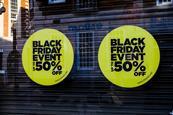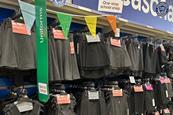The BRC-KPMG Retail Sales Monitor is a monthly measure of the sector’s UK performance, based on data shared with the British Retail Consortium by its members. The index was initially set up by the BRC as a way for retailers to benchmark their performance against that of the wider industry, but it has evolved to become a vital measure not only of the health of British retail, but of the wider UK economy. Retail sales growth was hampered throughout most of 2020 and early 2021 by the coronavirus crisis, as government imposed lockdown measures prevented non-essential retailers from opening physical stores.







































